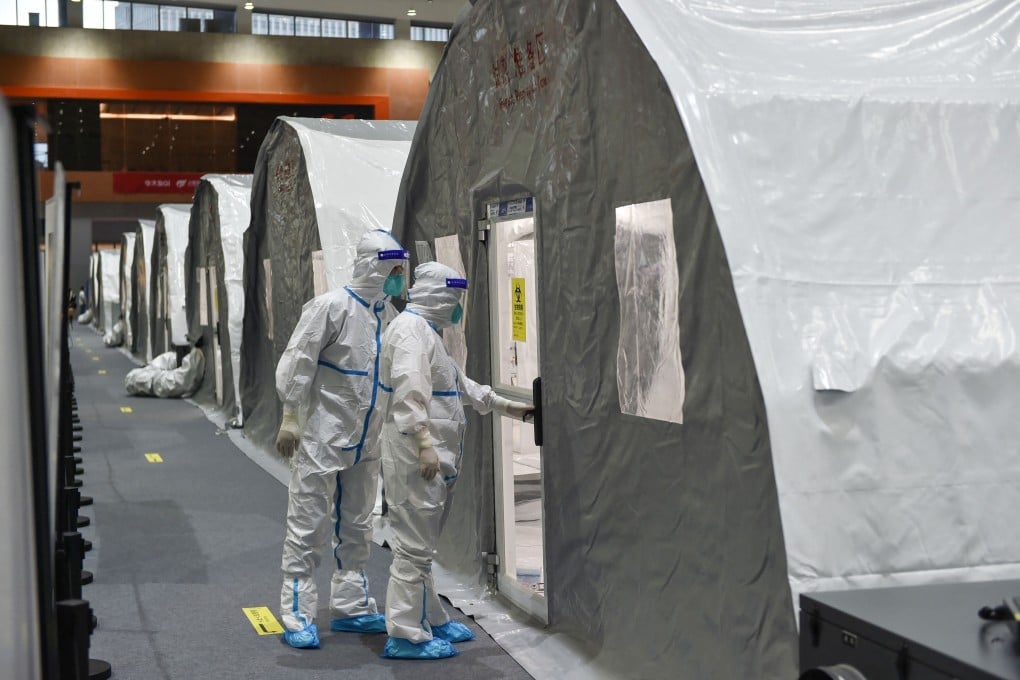Nanjing airport coronavirus cluster ‘spreads to 15 other Chinese cities’
- China’s zero-tolerance approach to pandemic tested with at least 200 people infected by this particular outbreak
- Officials told to ‘learn lessons’ and ‘remain vigilant’ as number of infections is expected to increase

China’s zero-tolerance approach to the virus has put tremendous political pressure on the city and governing Jiangsu province, with senior officials admitting to the need to “deeply reflect” on lessons learned and improve their political judgment and understanding of epidemic control.
The Nanjing outbreak has already infected more than 200 people including at least 30 people in 15 other cities, with Beijing and Sichuan province’s Chengdu among them, according to various city statements.
The Nanjing cluster broke out last week with several cleaners at the city’s Lukou International Airport initially affected.
Public health experts believe the latest outbreak is still in the early stages. It is already larger than a May outbreak that mostly affected Guangdong and was the first community spread of the Delta variant in China, with 167 cases reported.